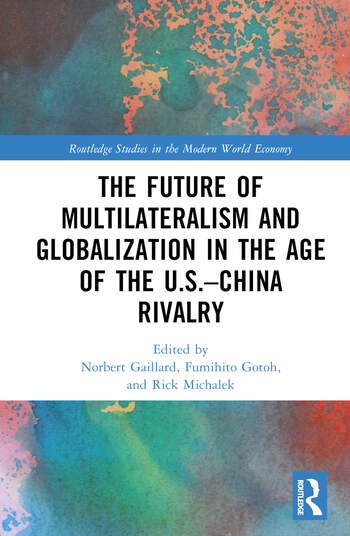China, technical standardization, and the future of globalization

As the global economy sits at a crossroad between connectivity-driven globalization and strategic decoupling, technical standardization provides a valuable measure of where we are headed.
Long thought of as a benign, apolitical defining of baseline processes, products, and services, standardization has ballooned into a field of geopolitical competition, particularly as the United States, China, Europe, and others wrestle over technological leadership in the industries of the future. Driven largely by private enterprise initiatives, the West has long held the high ground in setting technical standards. While China is a newcomer to the field, it has grand ambitions of becoming a premier purveyor of global standards and has laid the groundwork for building out a more China-centered ecosystem through efforts such as the Belt and Road Initiative. In this context, the “twin transitions” toward a low-carbon and digital future, where many standards remain to be set, offer an opportunity for Beijing. Ultimately, whether China chooses a collaborative path with the West on standards development, how the latter respond to China’s initiatives, and whether multistakeholder, consensus-based standardization processes can resist the push and pull of geopolitics will go a long way to determining the degree of cohesion and fragmentation in the global economy for decades to come.

Available in:
Themes and regions
ISBN / ISSN
Share
Related centers and programs
Discover our other research centers and programsFind out more
Discover all our analyses
RAMSES 2024. A World to Be Remade
For its 42nd edition, RAMSES 2024 identifies three major challenges for 2024.
France and the Philippines should anchor their maritime partnership
With shared interests in promoting international law and sustainable development, France and the Philippines should strengthen their maritime cooperation in the Indo-Pacific. Through bilateral agreements, expanded joint exercises and the exchange of best practices, both nations can enhance maritime domain awareness, counter security threats and develop blue economy initiatives. This deeper collaboration would reinforce stability and environmental stewardship across the region.

The China-led AIIB, a geopolitical tool?
The establishment of the Asian Infrastructure Investment Bank (AIIB) in 2016, on a Chinese initiative, constituted an attempt to bridge the gap in infrastructure financing in Asia. However, it was also perceived in the West as a potential vehicle for China’s geostrategic agendas, fueling the suspicion that the institution might compete rather than align with existing multilateral development banks (MDBs) and impose its own standards.
Jammu and Kashmir in the Aftermath of August 2019
The abrogation of Article 370, which granted special status to the state of Jammu and Kashmir (J&K), has been on the agenda of the Bharatiya Janata Party (BJP) for many decades.







